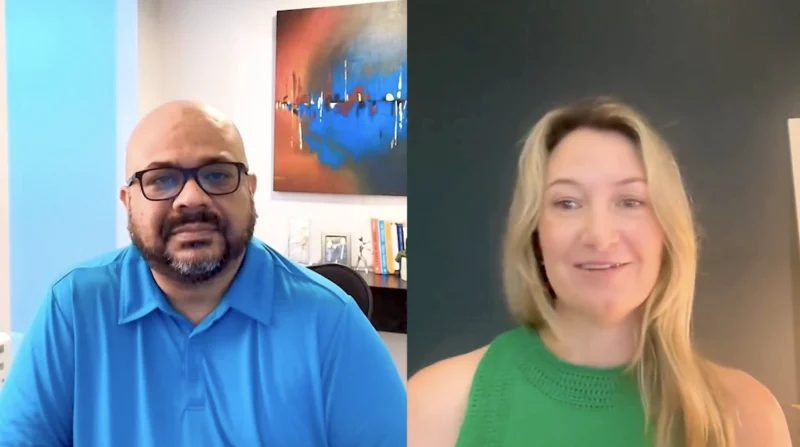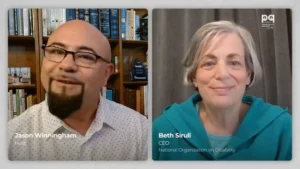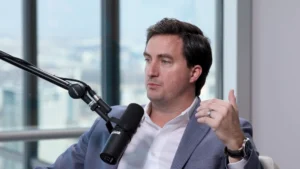After the Silicon Valley Bank Collapse, Financial Experts Say ‘Fear’ and Bank Monopolization Could Be The Worst Ripple Effects
The U.S. banking system is under scrutiny after the Silicon Valley Bank collapse, leading to a review of the oversight mechanisms for financial institutions that are supposedly in place to more proactively detect dangerous banking activity. Along with the Fed’s continued interest rate hikes, SVB’s failed bet on government bonds investments, and the nature of the bank’s high-risk tech portfolio, critics are questioning what other deficiencies in the banking ecosystem failed to spot and stop the apparent risks. They’re also now asking: How will the second-largest bank failure in U.S. history ripple across the rest of the banking industry?
Regulators and lawmakers are examining whether existing rules are adequate in a changing world and if the 2018 deregulatory push went too far. The shockwaves from the bank’s collapse and the response to prevent a nationwide bank run are increasing the pressure for stronger oversight. Critics have highlighted that the lighter touch on supervision in recent years could have paved the way for the current problems in the banking system, making calls for “more rigorous regulations for large regional banks that reflect the risks they pose to the financial system.” The push for stronger bank rules echoes the aftermath of the 2008 financial crisis.
What does the Silicon Valley Bank collapse mean for the future of banking regulation, the banking industry and its practices? Joshua Wilson, founder of United Ethos Wealth Partners and entrepreneurship lecturer at Baylor University, offers his in-depth analysis of what comes next.
Joshua’s Thoughts
“So how should we expect recent bank failures to ripple across the banking industry and what does that mean to you? Well, the big thing is fear has consequences. Sometimes the consequences of fear are even greater than the initial cause of the fear, and politicians have to look busy in all of this.
One of my biggest concerns is that the big banks continue to grow, and remember during COVID, big banks blew up in their assets. I remember reading in Q1 of 2020, the biggest few banks grew by about $1.2 trillion. That’s cause people were using their credit lines and also the Fed was printing money. Also, unrest just causes people to move money to banks that they consider to be too big to fail.
And this fear can cause people to take money away from smaller banks. And when this pulling away can cause those banks to have to sell assets, that’s essentially what happened with SVB. They had these long-term government bonds when they were forced to sell those assets. Now, normally that’d be fine if you have an unattractive bond if you don’t have to sell it. But if you have to sell it right now, the price wouldn’t be very good if it’s a low-interest rate bond. So ultimately, this is going to cause a lot of tail chasing in Congress in our government. As the great economist Thomas Sowell said, “There are no solutions, only trade-offs,” and that’s proven true time and time again.
This always ends in more power in the government and more power in the biggest and most influential firms in America who essentially buy our politicians, many believe, and push their agendas. So I think the biggest risk for me is the fear and what fear can cause, and how that can cause the biggest banks to grow, and their influence over our politicians and indirectly the influence over our daily lives.”








